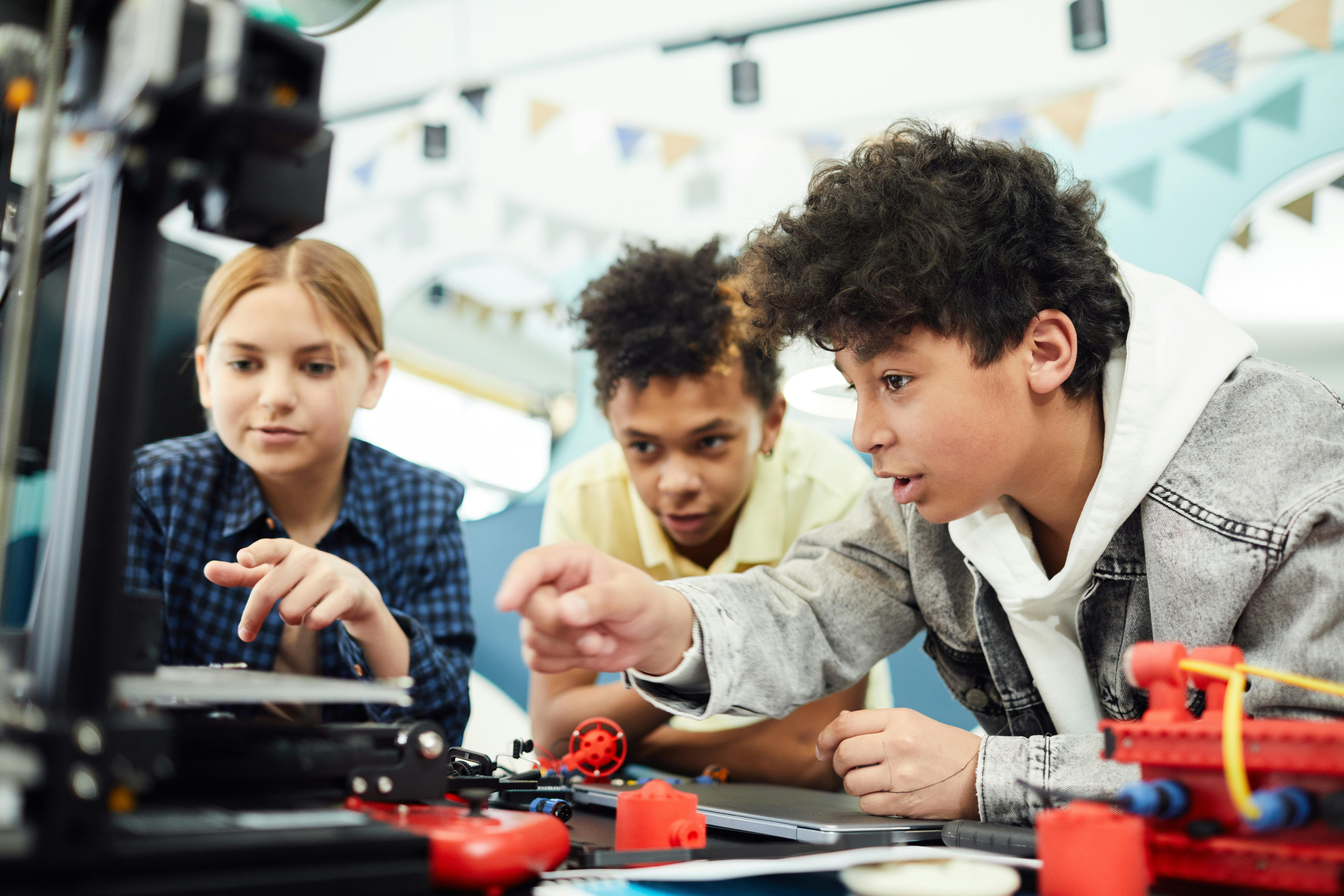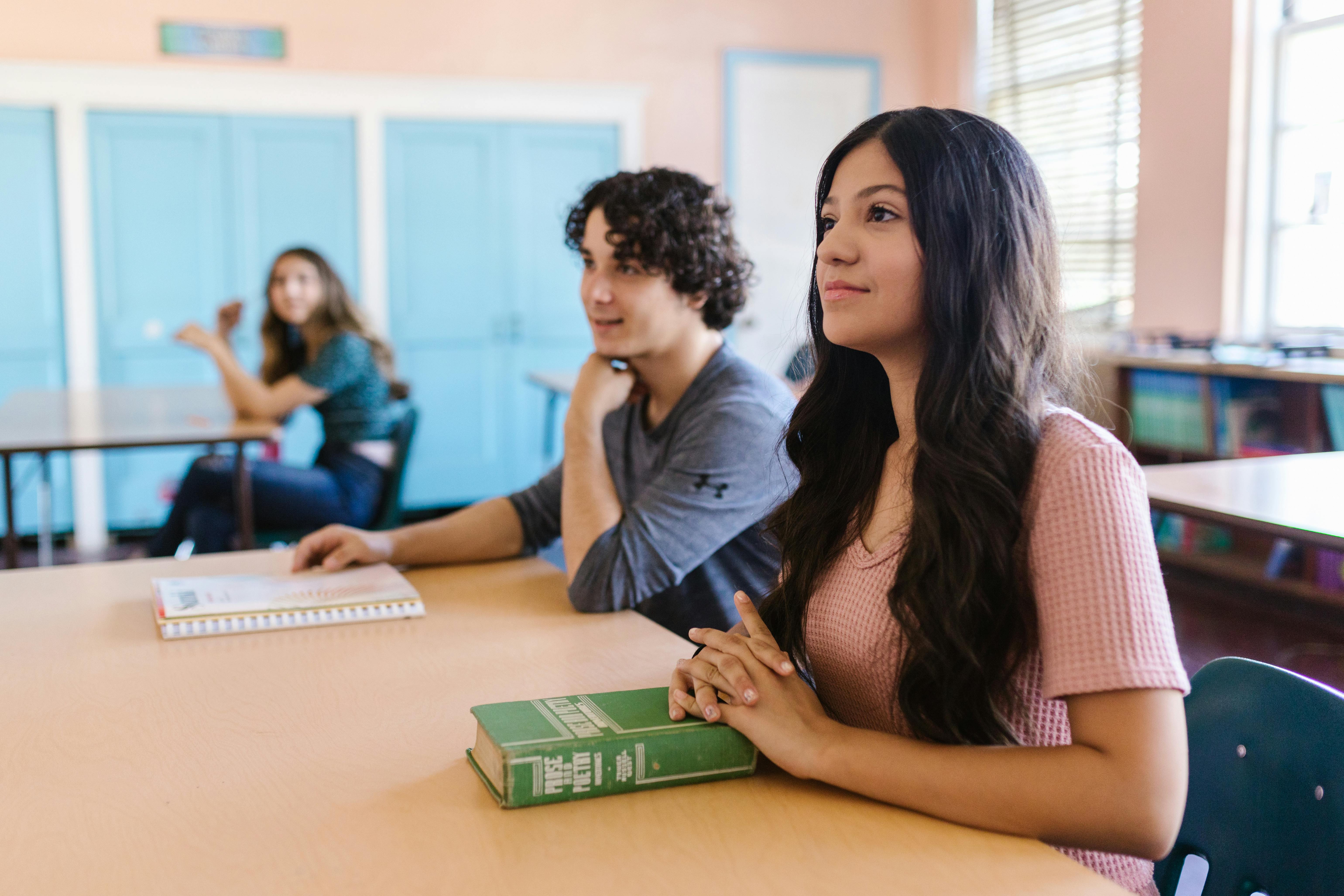The Formative Years: Skills for Ages 11-15
The early to mid-teenage years are a time of significant personal, social, and cognitive development. As pre-teens and young adolescents navigate middle school and the onset of puberty, they begin to seek greater independence, form stronger peer relationships, and develop more complex thinking abilities.

Key Skill Areas for 11-15 Year Olds:
- Emotional Intelligence & Self-Awareness: Understanding and managing their own emotions, recognizing emotions in others (empathy), and developing healthy coping mechanisms for stress and challenges.
- Critical Thinking & Problem-Solving: Moving beyond concrete thought to analyze situations, evaluate information (especially online), and brainstorm effective solutions to academic and social dilemmas.
- Communication Skills: Developing assertive communication, active listening, effective conflict resolution with peers and adults, and expressing thoughts clearly both verbally and in writing.
- Organizational & Time Management: Juggling multiple subjects, extracurriculars, and social commitments; learning to prioritize tasks, manage deadlines, and develop effective study habits.
- Digital Citizenship & Media Literacy: Understanding online safety, responsible social media use, recognizing misinformation, managing their digital footprint, and ethical online behavior.
- Personal Responsibility & Self-Care: Taking ownership of schoolwork, chores, personal hygiene, and developing healthy habits around sleep, nutrition, and physical activity.
Stepping Towards Adulthood: Skills for Ages 16-18
The late teenage years are a critical period for cementing independence and preparing for life beyond high school. This stage focuses on refining existing skills, developing advanced competencies for academic and professional success, and making informed decisions about future pathways.

Key Skill Areas for 16-18 Year Olds:
- Advanced Critical Thinking & Decision-Making: Evaluating complex information from multiple sources, understanding nuances, making informed choices with long-term consequences, and analyzing ethical dilemmas.
- Financial Literacy: Understanding budgeting, saving, basic banking, the concept of debt and credit, and the value of money in real-world contexts.
- Career & Life Planning: Exploring career interests, understanding educational pathways (college, vocational training, apprenticeships), developing resume writing and interview skills, and setting realistic goals.
- Leadership & Collaboration: Taking initiative, leading projects, effectively working in diverse teams, delegating tasks, and inspiring others.
- Resilience & Adaptability: Developing the capacity to bounce back from setbacks, manage significant stress, adapt to new environments and challenges, and embrace continuous learning.
- Civic Engagement & Global Awareness: Understanding societal issues, community involvement, responsible citizenship, and developing an informed perspective on global events.
- Self-Sufficiency & Practical Life Skills: Basic cooking, managing household tasks, understanding health insurance, car maintenance basics (if applicable), and independent living skills.
- Improving Study Skills: For stressless target oriented studies and achievement a bunch of organisatinal skills, learning and memorising skills and Exam prepration techniques etc.
